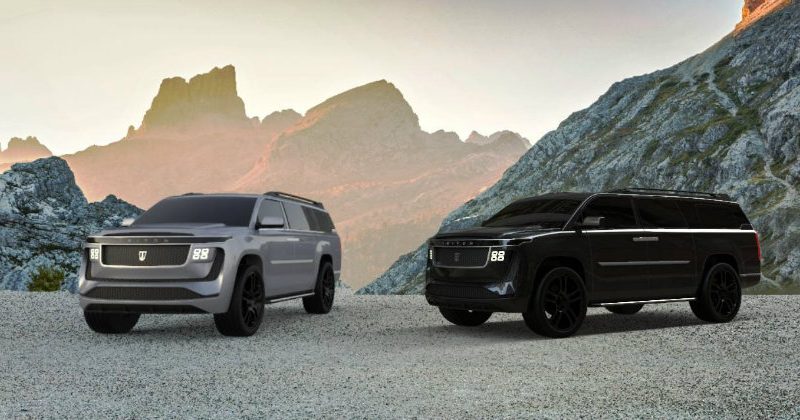Read The Full Article On: Investorplace
HLYN stock isn’t a compelling buy in the short run
Last year saw the debut of what seemed like dozens of electric car and truck start-ups. Most used special purpose acquisition companies (SPACs) to reach the public market, meaning there was no road show, no chance for investors to kick the tires. One of these is Hyliion Holdings (NYSE:HYLN) stock.
Source: Shutterstock
Hyliion’s SPAC, called Tortoise, tripled on the hype to as much as $50 per share in late August. By the time the merger was consummated in October, the short sellers were already on it and the excitement seemed over.
Hyliion now trades for just over $17 and has a market cap of about $2.6 billion.
But there may be more to this than meets the eye.
What’s the Deal?
Hyliion, based in the suburbs of Austin, Texas, has a different approach to electrification. It wants to move 18-wheel truck fleets, now among the largest consumers of diesel fuel, to electricity via natural gas. Electrification is an $800 billion opportunity, but how fleets get there is a question.
Hyliion’s answer is to retrofit existing trucks to run on a combination of natural gas and batteries. (Think of it as a Toyota (NYSE:TM) Prius.) The company ran an experiment in which its system seemed to get the same mileage as a diesel. The drivetrain is electric but the primary fuel is natural gas, which is only renewable if it’s coming out of a landfill.
Hyliion has connections to the trucking industry, listing Penske (NYSE:PAG), Ryder(NYSE:R) and C.R. England among its customers. But they, too, are kicking the tires. There’s still no revenue to speak of. Mainly, Hyliion is burning cash, albeit slowly.
It lists just $18.7 million in losses for the first nine months of the year. That should start growing soon, its S-1 states, with the proceeds of the offer, listed as about $520 million. The company has 153.9 million shares, but there are about 20 million warrants outstanding with a strike price of $11.50 each.
At the start of the year, however, retail investors still held 52% of the common, against founder Thomas Healy’s 23% stake, 17% from private equity and 7% from other companies.
What They Think
Most Investorplace analysts who have looked at Hyliion have walked away unimpressed.
Alex Sirois calls it a path to value destruction. Larry Sullivan sees too many issues. Thomas Niel suggests you follow the crowd and avoid HYLN.
Hyliion is not alone in this market. A rival called Arrival plans its own SPAC with CIIG Merger (NASDAQ:CIIG), backed by Hyundai (OTCMKTS:HYMTF). Tesla(NASDAQ:TSLA) is talking about a truck. Then there’s Nikola (NASDAQ:NKLA), an electric-and-hydrogen play that already seems played out. I have written about Workhorse (NASDAQ:WKHS), saying it “tests the limits of the electric vehicle bubble” despite having 500 orders from an Iowa dealer.
The Bottom Line on HYLN Stock
I agree with Chris Tyler that Hyliion may be worth a look, but only if your money is patient and you’re willing to lose it all.
Hyliion is aiming its pitch at fleet owners like C.R. England, which tends to make conservative decisions. I can see such owners retrofitting a few Class 8 tractors (that’s what the engine compartment of an 18-wheel semi-truck is called) and measuring performance closely.
If HYLN stock is going to make it, it won’t be until those tests are completed and the operators are reassured on the cost of conversion, the cost of fuel, the dangers of running on natural gas, and much else. Hyliion claims savings of 30% but that must be proven.
The short answer is Hyliion isn’t compelling in the short run. It may be a speculation worth considering if you’re willing to hold on for a few years and see what happens.

